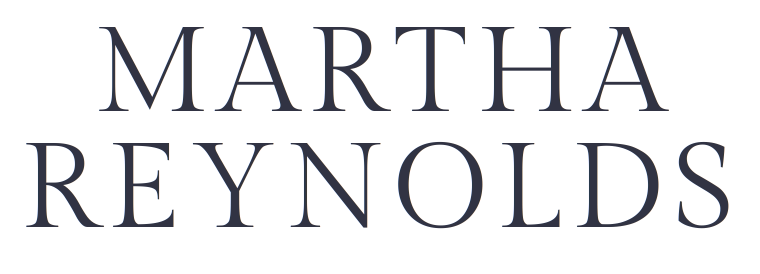Paris Between the Wars - "Z" is for Jean Zay
 Between 1919 and 1939, Paris experienced a cultural and intellectual boom. This blog will feature artists, writers, composers, musicians, and designers. Paris was at its cultural peak.
Between 1919 and 1939, Paris experienced a cultural and intellectual boom. This blog will feature artists, writers, composers, musicians, and designers. Paris was at its cultural peak.
Jean Zay (1904 - 1944) was a French politician. Between 1936 and 1939 he served in several governments, including the Popular Front government, as Minister of National Education and Fine Arts. Zay’s actions as minister deeply influenced the way in which France educated its youth and cultivated its arts. Upon taking office, Zay acted upon his belief that the public schools shaped youth into citizens. He increased the period of required schooling from 13 to 14 years and created “bibliobuses” (library buses) that brought books to working class and immigrant neighborhoods
The specter cast by Nazi Germany led Zay to create the Cannes Film Festival. During the period between the wars, Italy was home to the greatest of film festivals, La Mostra de Venise. When Jean Renoir’s “The Grand Illusion” won the festival’s top prize in 1937, Hitler was incensed: not only was the film French, but it was also pacifist. The following year, as a result, Hitler conspired with Mussolini to guarantee that Leni Riefenstahl’s “Olympia” receive top honors. Zay rebelled at the news and set out to create a counter festival the following year in Cannes. As fate would have it, the opening date for the festival was September 1: the same day that Nazi Germany invaded Poland. Two days later, France and Great Britain declared war on Germany.
Zay enlisted in the army and served until the summer of 1940. He was arrested aboard the passenger ship Massila by Vichy officials and was imprisoned. Just weeks before France's liberation Jean Zay was murdered in his cell by the French fascist militia.
